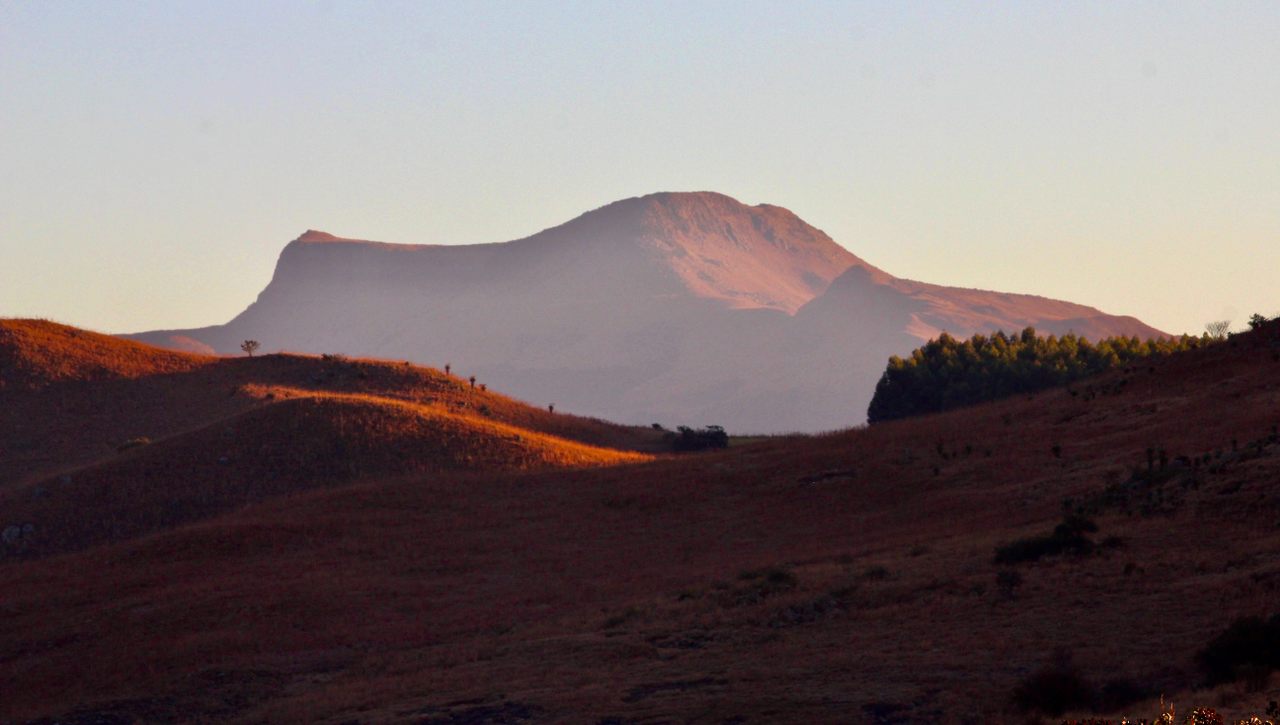MI weekly selection #522

Annulated sea snakes do have genes to see colour
Annulated sea snakes, a venomous species found in the oceans of Australia and Asia, can see colour, debunking assumptions of colorblindness after surviving the last 110 million years in the ocean. Researchers used genome sequencing to find four intact copies of the opsin gene SWS1 — two of which allow for the perception of UV light and the two others for ability to see blue light.
Full Story: Popular Science
Can editing trees’ genes grow more sustainable paper?
Researchers have developed a way to lower the environmental impacts of paper production using CRISPR gene-editing tools to grow poplar trees with reduced lignin. The genetically altered trees have a 49.1% lower lignin content than usual, which could increase paper production by 40% and cut greenhouse gas emissions by 20% if used by paper mills.
Full Story: Science
Evidence of glacial past in South Africa
Scientists analyzing rock layers and oxygen isotope levels deep underground near South Africa’s border with Eswatini have found traces of glaciers from 2.9 billion years ago, according to new research published in Geochemical Perspectives Letters. The find could be evidence of a lost ice age that existed about 500 million years before the “Snowball Earth” Huronian glaciation period.
Full Story: Atlas Obscura
How natural gas affects climate
A study has found that even a 0.2% leak rate can make natural gas as big a contributor to climate change as coal. The study challenges natural gas’ viability as a transitional fuel and underscores the need to address methane leaks in gas infrastructure.
Full Story: The New York Times
The ocean’s blue waters are getting greener
The world’s oceans are changing colors as climate change impacts the amount of phytoplankton in the waters, according to a study published in the journal Nature. Researchers found that about 56% of oceans globally have changed color and become greener in the past two decades, with waters near the equator particularly affected.
Full Story: CBS News